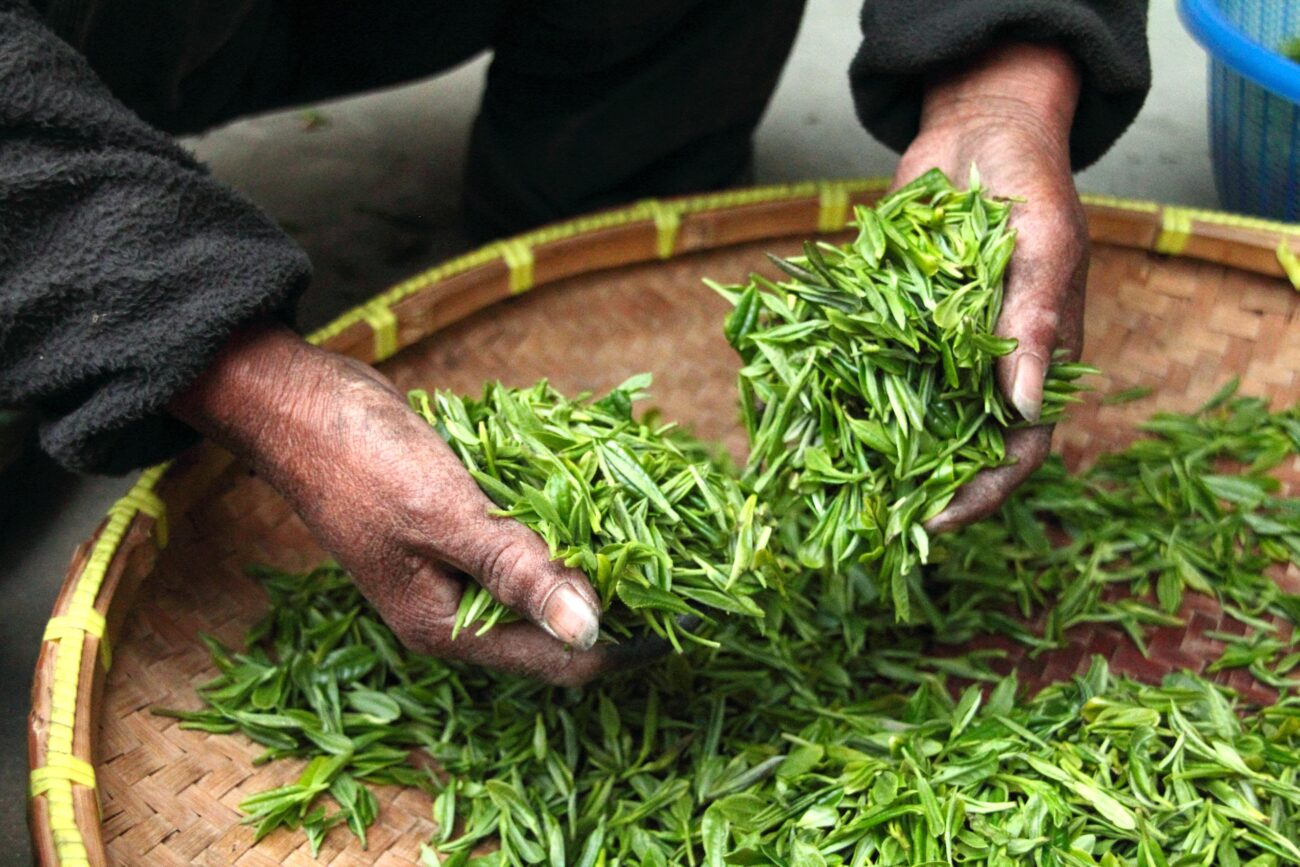India is known for its rich and diverse tea culture, and it’s not just limited to popular varieties like Assam, Darjeeling, and Nilgiri. There are many lesser-known teas that are just as delicious and have unique characteristics. In this blog, we’ll explore some of these lesser-known gems and the regions they come from.

Kangra Tea
Kangra Valley in Himachal Pradesh produces some of the finest green and black teas in India. The tea has a distinct floral aroma and a light, delicate flavor. It’s also high in antioxidants and has a low caffeine content, making it a perfect choice for those who are sensitive to caffeine.
Kumaon Tea
Kumaon is a region in Uttarakhand that produces high-quality orthodox tea. The tea has a unique taste and aroma, with hints of citrus and honey. It’s also rich in antioxidants and has a low caffeine content, making it an ideal choice for those who want a healthy and refreshing beverage.
Dooars Tea
Dooars is a region in West Bengal that produces some of the best CTC (crush, tear, curl) teas in India. The tea has a strong, full-bodied flavor and is perfect for making chai. It’s also high in caffeine, making it a great choice for those who need a quick pick-me-up.

Arunachal Tea
Arunachal Pradesh is a relatively unexplored region in India that produces some excellent teas. The tea has a unique taste and aroma, with hints of fruit and flowers. It’s also high in antioxidants and has a low caffeine content, making it a healthy and refreshing beverage.
Koraput Tea
Koraput is a region in Odisha that produces some of the finest organic teas in India. The tea has a rich, earthy flavor and is perfect for those who prefer a strong cup of tea. It’s also high in antioxidants and has low caffeine content, making it a healthy choice.
These are just a few of the lesser-known teas of India that are worth exploring. Each tea has its unique flavor, aroma, and health benefits. So the next time you’re looking for a new tea to try, why not venture beyond the usual suspects and discover the hidden gems of India’s tea culture?
[…] Nilgiri teas are often composed of fruity flavors such as apricots or peaches. The sweetness level is neither very high nor very low in it, but the quality which gets appreciated the most of Nilgiri teas is the aftertaste that stays. […]